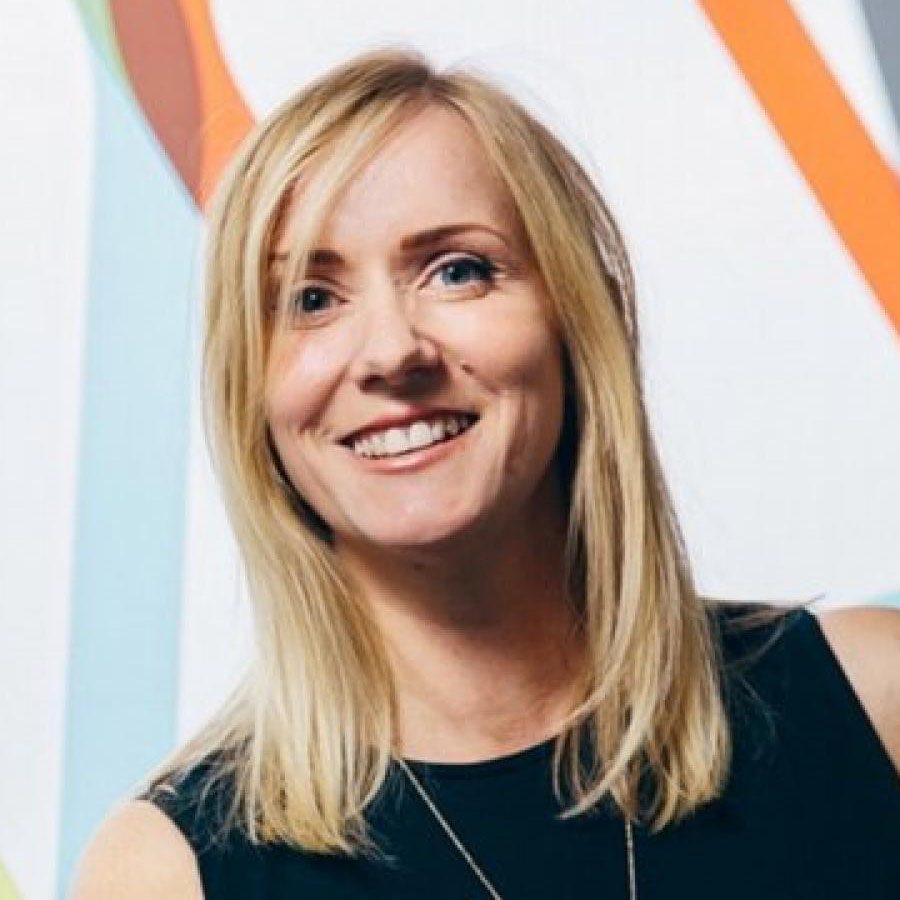

In the latest CIHT Masterclass we focused on road safety education, exploring the different forms it can take including school-based programs to public awareness and driver education campaigns. Below are some of the highlights from the Masterclass on how we can influence road users’ behaviour to improve road safety.
Join other savvy professionals just like you at CIHT. We are committed to fulfilling your professional development needs throughout your career
Education is a key factor in promoting road safety. By educating people about the risks and consequences of unsafe behaviors we can help prevent incidents and save lives. Education encourages people to take action to improve safety in their communities and create safer and better streets.
During the latest CIHT Masterclass on Road Safety, on 16th November 2023, we were joined by three experts that provided us with national and international insights on how education around road safety should be developed:
Below are some key messages from the event.
During the masterclass we discussed some powerful strategies that can be used to educate the public on the risks of the road environment. Specifically, we talked about the importance of early years education on road safety, driver's education and the use of social media as a powerful tool to reach a wide audience.
Classroom instruction or school-based programmes: Education about road safety should start from an early age to help children understand the risks of the road environment and what safe behaviors are. A promising strategy includes interactive, hands-on activities, such as how to safely cross streets or ride a bike on a busy road. Students can undertake these activities at school within an environment that simulates the road environment and its risks.
Driver education programmes: These programs are key to educate new and experienced drivers on topics like, distracted driving, and impaired driving. Driver education is important not only for new drivers to learn the correct driving behaviors, but also for experienced drivers to renew their knowledge on rules such as speed limits, keeping safe distances, or protecting vulnerable road users.
Social media campaigns: Social media can be used to reach a large audience with messages about road safety in a more interactive and engaging way. Social media also enables the creation of create content that is relevant to different audiences. By using straightforward language and communicating in a way that resonates with peoples’ values and lifestyle will help ensure the message is delivered effectively.
The majority of the UK’s well regarded road safety campaigns from the 1960s to the 2010s have used emotions as a lever to deliver messages around unsafe behaviours while driving or while being a car passenger. The use of emotions is a very effective driver of behavioural change as it allows viewers to empathise with the actors and modify their actions to avoid the unpleasant results that are represented in those campaigns.
However, as our guest speaker Nicola Wass highlighted:
...many of the UK road safety campaigns have failed to represent the diversity of ethnic groups and varied values and lifestyles that are part of the British population.
People are more likely to empathise and feel an emotional response when they identify with the campaign actor and its content. It is important to understand the demographics of those who are more likely to follow unsafe behaviours and tailor messages to their values and means of communication. In fact, different age groups and ethnicity backgrounds lead people to perceive risks in different ways.
To ensure road safety campaigns target the correct audience, we should:
Vulnerable road users are defined as those exposed to a greater danger of injury in the road environment and include children, elderly, disabled people, pedestrian, cyclists, motorcyclists, novice or elderly car drivers and road workers.
Successful road safety campaigns should convey the message that we must protect vulnerable users on streets and roads.
Lawrence Chauke, from the World Road Association, gave us the following recommendation:
It is important to include vulnerable road users in the design process of road safety campaigns to raise awareness to ensure their needs and point of view are correctly represented
To learn more about how So-Mo have been tailoring campaigns using successful behavioural change methods, click here.
You can find here the So-Mo project "Message not received", shortlisted for the 2022 CIHT Research Initiative of the Year Award
CPD is defined as any activity that provides new knowledge or skills that help you to achieve your professional development goals or has otherwise helped you to develop as a highways and transportation professional
Plan, record and manage your CPD for free at CIHT Learn.
Need help with getting the most out of your CPD? Don't worry CIHT can support you. Access CIHT’s CPD Guidance here.
If you are interested, you can find out more about upcoming CIHT events here .
To discuss sponsorship opportunities for future Masterclasses please contact Ben Sellers on Ben.Sellers@thinkpublishing.co.uk +(0)20 3771 7238.

Nicola Wass, CEO of So-Mo

Syed Yaseen Afshad, CIHT Technical Champion

Lawrence Chauke, PIARC-World Road Association
Join other savvy professionals just like you at CIHT. We are committed to fulfilling your professional development needs throughout your career
{{item.AuthorName}} {{item.AuthorName}} says on {{item.DateFormattedString}}: